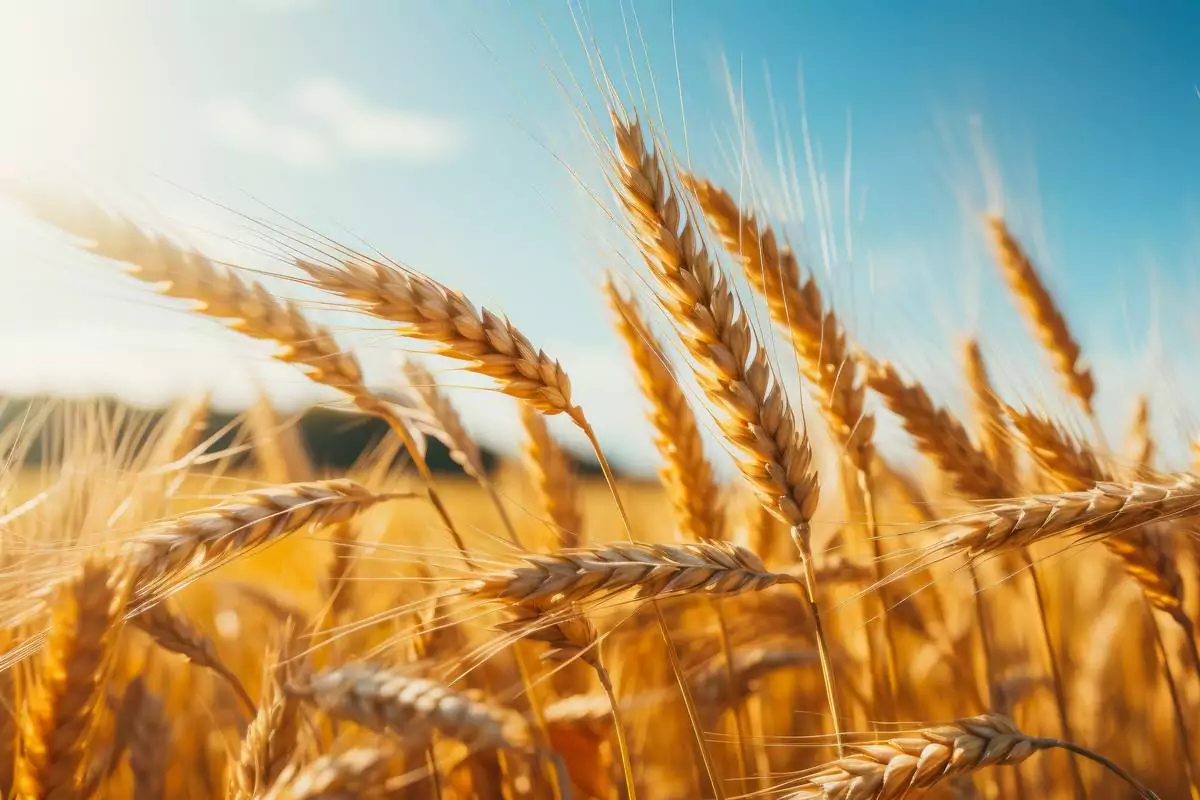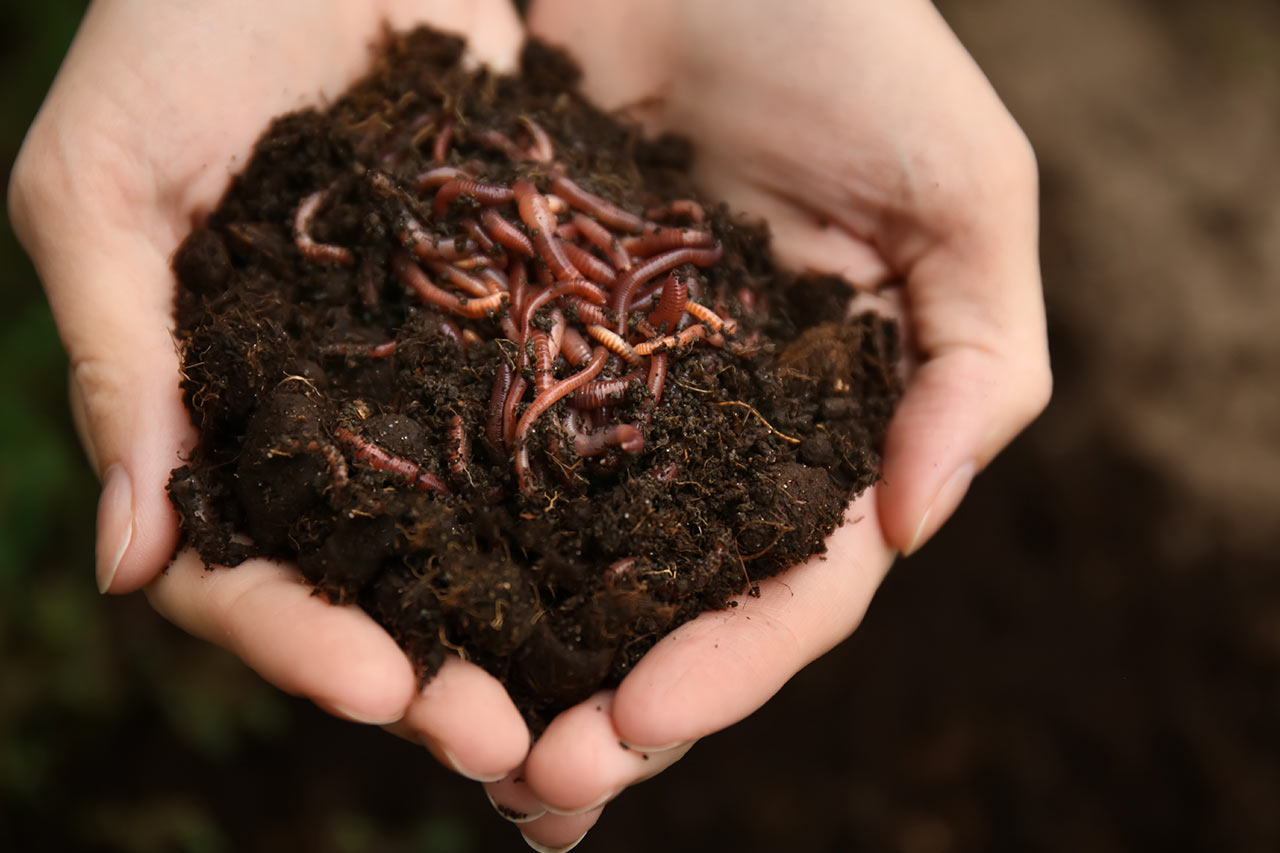What are co-products?
A co-product is an unavoidable byproduct of an industrial process which can be collected and then reused to generate new products. In 2018, the “Réseau pour la Sécurité et la Qualité des Denrées Animales” in France estimated that 12.1 million tons of dry matter were co-products generated in 2017 by French agri-food industries. Exploiting these co-products is part of a virtuous circular economy for the environment: by freeing ourselves from new raw materials, we reduce the need for resource extraction processes that can prove polluting and reduce new waste generation.
However, integrating these materials into a truly circular economy means designing new industrial life cycles. This may involve imagining and developing new transformation processes, and R&D work is often necessary. A case in point is the recycling of spent grain in the food industry. In the example of the reuse of spent grain, this highly hydrated product must be dried, an essential processing step which to be sustainable must not consume more energy than it saves.
Adding value to agri-food co-products represents a growth opportunity for companies
Between cost optimization and new business for a company
A co-product is a not sought-after byproduct, but a byproduct that can be economically valorized as a potential new product. Once recovered, coproducts can become new raw materials, often offer less costs than virgin resource extraction, and offer new business opportunities through the diversification of a company’s activities.
Numerous opportunities in the agri-food sector
The agri-food industry generates large quantities of by-products and has embarked on a process of adding value to them. These by-products can find new uses in the animal feed, human food, cosmetics and energy sectors.
For example, cobs, shoots, leaves, grape pomace and pips are all by-products of wine production. Grape marc can be recycled in the form of industrial alcohol or fuel, while seeds can be used as a raw material for grape seed oil. Another example is Nestlé, which has launched a chocolate bar made from cocoa pulp. Cocoa pulp, which is usually discarded, makes up around 10% of the fruit of the cocoa tree. Recovering this pulp reduces waste in the manufacturing process and increases the income of producers, most of whom have not marketed this part of the fruit until now.
3 key factors for successful co-product valorization
Key success factor n°1: choose an in-house or outsourcing strategy
If the company’s means and resources allow, co-products can be valorized internally. This avoids transport costs, preserves the quality and potential of the materials, and enables the company to be the sole financial beneficiary of their investment. For example, Alcimed has studied various combustion, gasification and thermochemical technologies for in-house recovery of distillery by-products.
However, co-products can also be valorized externally, relying on valuable partnerships. Indeed, depending on the type of co-product valorization chosen, it may involve new sectors, and thus give rise to cross-sector collaboration. Many cosmetics companies, for example, source co-products from the food industry. Coffee grounds, for example, can be used as a base for scrubs and other cosmetics products. This type of co-product supply requires new collection channels to be set up but can be quite valuable for both partners.
Find out how our team can support you in your co-product projects >
Key success factor n°2: identify potential partners
The valorization of co-products sometimes makes it possible to create a synergy of skills between different players. For example, Laboratories Ainia in Spain and the Postres Lacteos Romar group have combined their technical skills to develop natural texturizers from lemon, persimmon and watermelon peel waste generated by local food manufacturers.
Key success factor n°3: defining the application sector
In some cases, current regulations do not allow co-products to be valorized in any application market. For example, the recovery of animal by-products is governed by European regulations that classify the byproducts into 3 categories according to their potential risk to human and animal health and the environment. Depending on the level of risk, some byproducts are authorized for use in animal feed while others are restricted to conversion into biogas, composting or organic fertilizer.
In summary, the valorization of co-products offers significant economic and environmental potential. However, the identification of recovery routes is not straightforward, and must contend with regulatory constraints regarding conditions for the collection, processing and use of these materials. Furthermore, processing these substances often requires the acquisition of new technical skills and the design of transformation processes that must be in line with technical, economic and environmental constraints. Alcimed supports its industrial customers in defining strategies for valorizing co-products, so that these new activities are profitable, prosperous and sustainable. Please do not hesitate to contact our team.
About the author,
Hortense, Consultant in Alcimed’s Innovation and Public Policy team in France



